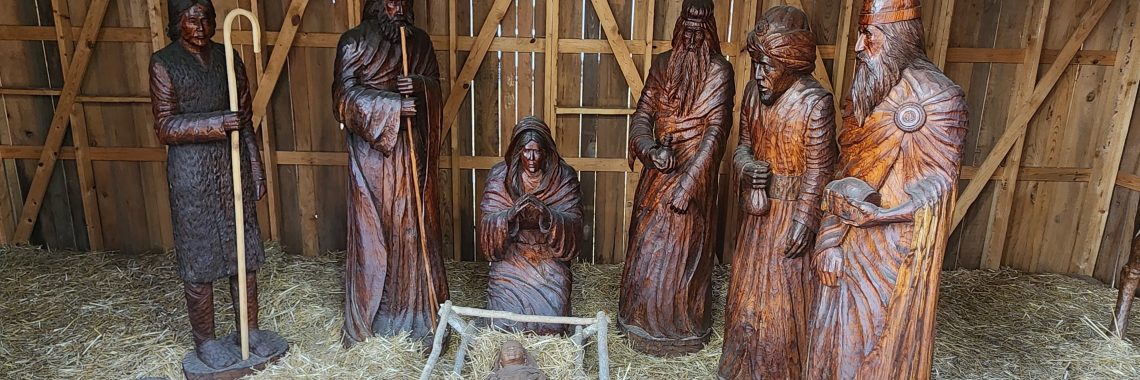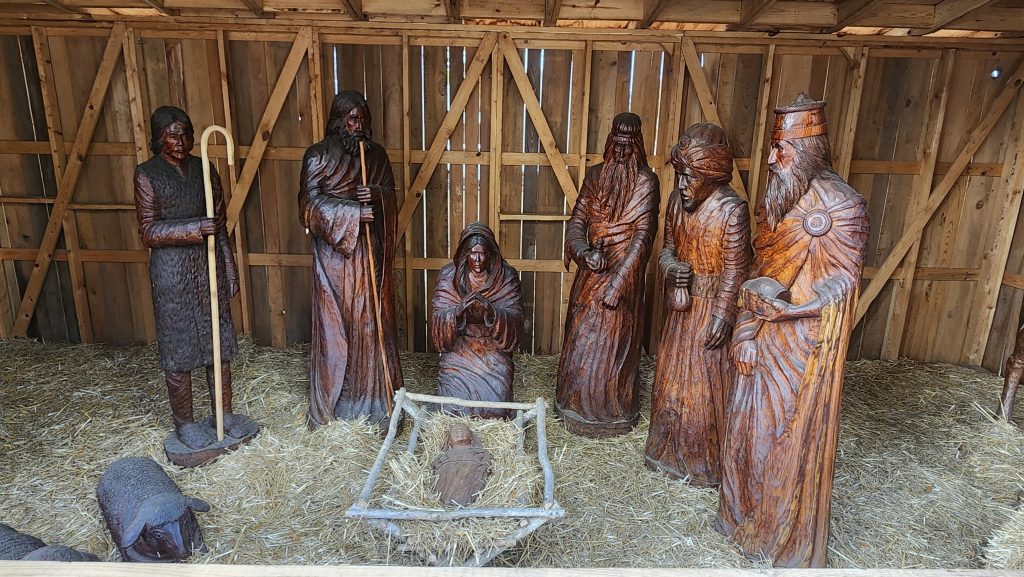Last week, JPMorgan Chase disclosed the financial giant is responding to authorities over alleged debanking practices.
Over the past four years, congressional testimony and news stories have highlighted how federal officials and financial institutions targeted conservative organizations through “reputational risk” policies.
Conservatives deemed “high risk” could have their bank accounts closed without warning and without explanation. JPMorgan Chase, Bank of America, and other major financial institutions have been accused of debanking law-abiding Americans.
During the Biden Administration, the U.S. Treasury Department gave financial institutions an analysis titled, “Bankrolling Bigotry” that listed legitimate, conservative groups such as Alliance Defending Freedom, the American College of Pediatricians, American Family Association, Eagle Forum, Family Research Council, Liberty Counsel, National Organization for Marriage, and the Ruth Institute as “Hate Groups” alongside the KKK and the American Nazi Party.
The “Bankrolling Bigotry” analysis also outlines ideas on policies and laws aimed at preventing these groups from fundraising. Officials from the Treasury Department distributed this document to banks and financial institutions in January of 2021, calling it an “overview on the funding of American hate groups.”
We also now know the U.S. Treasury Department gave banks and other financial institutions guiding “typologies” — patterns they could use to identify suspicious people or activities — that included search terms and patterns like “TRUMP” and “MAGA.”
The department encouraged financial institutions to comb through transactions for terms like “Bass Pro Shops,” “Cabela’s,” and “Dick’s Sporting Goods” when looking for “Homegrown Violent Extremism.”
These problems went largely unreported until Congress began asking serious questions about debanking.
In a quarterly Securities Exchange Commission filing submitted on November 4, JPMorgan Chase said it is responding to government inquiries, writing:
In August 2025, the President of the United States issued an Executive Order entitled “Guaranteeing Fair Banking for All Americans” that addressed access to financial services and directed several actions by certain federal agencies, to include a review and revision of their internal policies and manuals. JPMorgan Chase is responding to requests from government authorities and other external parties regarding, among other things, the Firm’s policies and processes and the provision of services to customers and potential customers. Certain of these matters are at various stages, including reviews, investigations, and legal proceedings.
It’s worth pointing out in August, President Trump signed an executive order to protect fair banking for all Americans, and JPMorgan Chase and Bank of America have taken steps this year to prevent politically motivated debanking.
In 2021 Family Council’s credit card processor — a company owned by JPMorgan Chase — terminated our account after designating our organization as “high risk.”
At 10:29 AM on Wednesday, July 7, 2021, our office received a terse email from our credit card processor saying, “Unfortunately, we can no longer support your business. We wish you all the luck in the future, and hope that you find a processor that better fits your payment processing needs.”
Within 60 seconds, Family Council could no longer accept donations online. The processor never explained why we were labeled “high risk.” All we can do is speculate that our conservative principles and our public policy work might have had something to do with the decision to close our account.
Unfortunately, this is not an isolated incident. Other organizations have had similar experiences as well. In fact, corporate shareholders, state attorneys general, members of Congress, and news outlets have all expressed concerns over conservatives being wrongly labeled as “high risk” or “hate groups” and subsequently debanked.
Family Council is grateful to the many people and organizations who have stood up against debanking in recent years. After all, banks that are too big to fail should also be too big to discriminate. Nobody should have their bank account closed for what they believe.
Articles appearing on this website are written with the aid of Family Council’s researchers and writers.
READ MORE






